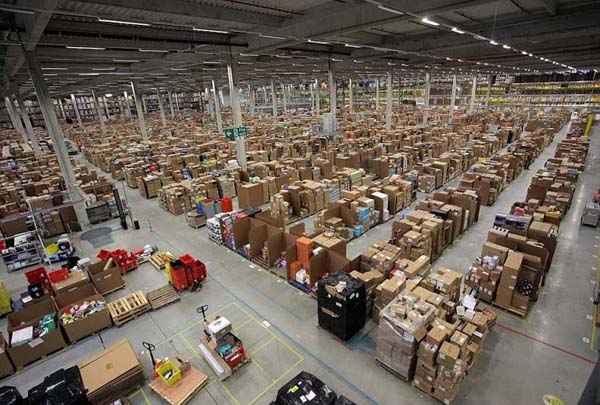Its June estimate was itself revised downward from the 2.6 per cent growth for this year it projected in late 2014.
The Paris-based economics organization says that lower prices for oil, coal and metals are hampering countries that depend heavily on commodity exports, such as Canada and Australia.
It has also lowered its estimate for Canada’s economic growth next year to 2.1 per cent, a decline of 0.2 of a point from June.
The news came amid signs of a better outlook for the manufacturing sector in Canada. Statistics Canada reported Wednesday that manufacturing sales rose 1.7 per cent to $52.2 billion in July, led by a 5.6 per cent gain in the auto sector.
That comes on top of a gain in May of 0.7 per cent and June of 1.5 per cent, with both numbers revised upward.
But the OECD points to uncertainty around China’s future and the vulnerability of emerging economies with debt in U.S. dollars as big question marks for 2015 and 2016.
U.S. growth stronger
It projects that the U.S. will grow by 2.4 per cent in 2015 and by 2.6 per cent in 2016, a strong outlook that includes a resurgent consumer and improving employment picture. The OECD forecast for 2015 has been raised from 2 per cent in June.
But it warns U.S. growth could be thrown off by instability in its markets around the world and points to lacklustre business investment as a sign.
It lowered growth estimates for many countries, including Japan, China, France, India and Brazil.
Global economic growth will be held to about three per cent this year, revised down from 3.1 per cent.
India is expected to be the fastest-growing major economy over the coming two years, but world growth is very uneven, the OECD says.
Global growth weaker
“Global growth prospects have weakened slightly and the outlook is clouded by important uncertainties,” said OECD chief economist Catherine Mann in her quarterly assessment of global prospects.
“Emerging economies have vulnerabilities that could be exposed by rising U.S. interest rates and/or a sharper-than-expected slowdown in China, giving rise to financial and economic turbulence that could also exert a significant drag on advanced economies,” she said.
The OECD is urging the U.S. not to move quickly to raise rates, as that would strengthen the greenback and cause financial turmoil in the emerging world.
“The U.S. Federal Reserve will soon need to begin to raise its policy rate at a gradual pace, given the solid growth of the U.S. economy and concerns over asset prices. The timing of the first rate rise will make little difference to the outcome, but the pace of increase does matter,” it said in its report.
Read the full post in CBC News – Business


Leave a Reply